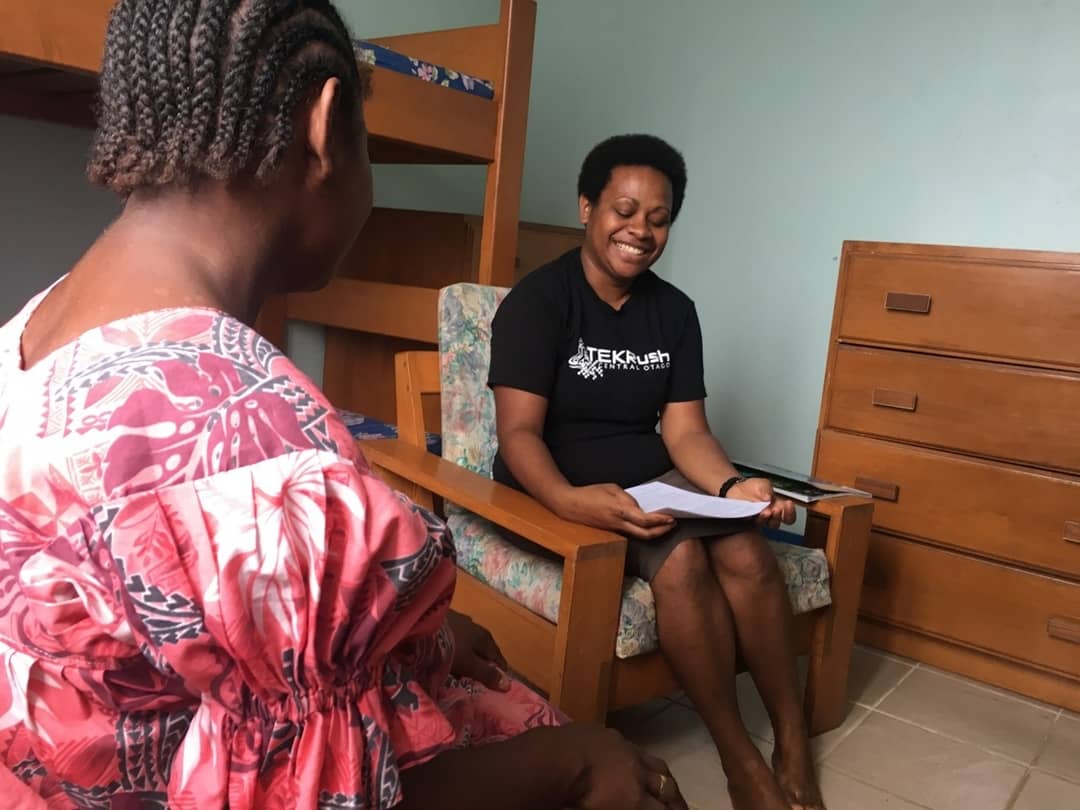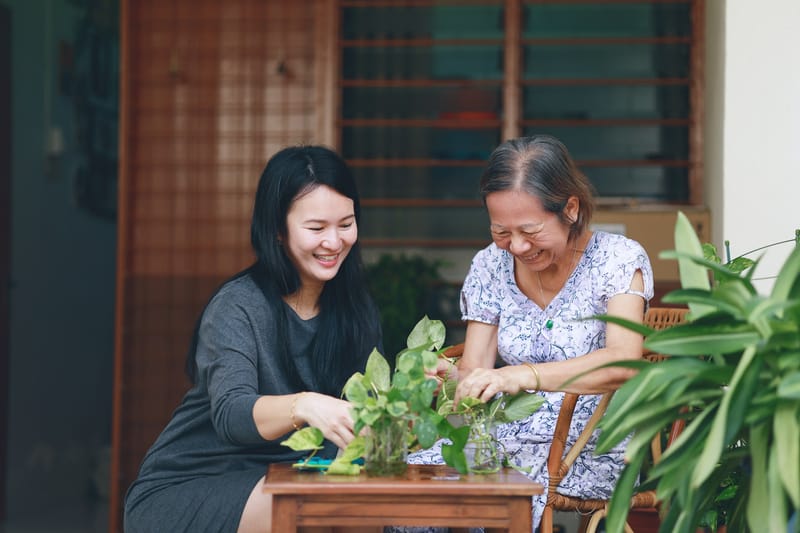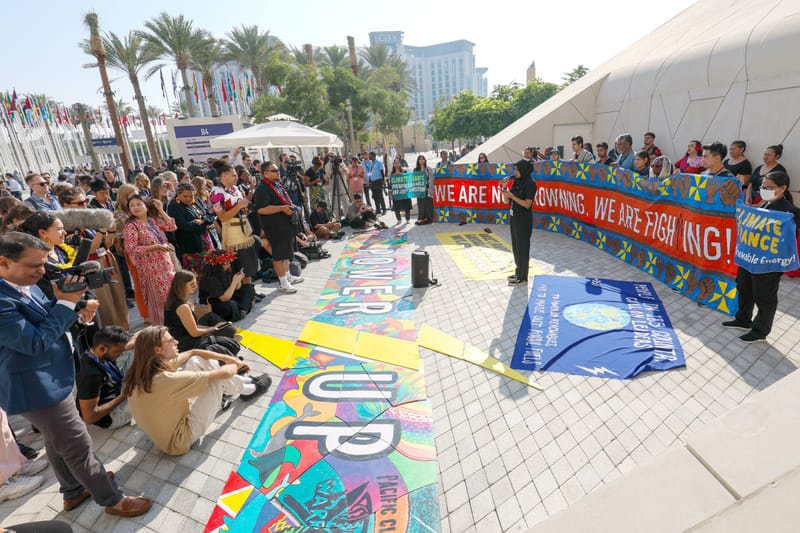
Psychological, physical and sexual violence perpetrated against pregnant women by an intimate partner is a serious public health problem globally.
The prevalence of physical violence against women during a pregnancy ranges from 1% to 28.8%, according to the World Health Organisation’s (WHO) Multi-Country Study on Women’s Health and Domestic Violence Against Women.
Research undertaken in Vanuatu by Monash University’s Global and Women’s Health unit determined intimate partner violence (IPV) during pregnancy to be 44.68%.
The study, which was published in the Lancet Regional Health – Western Pacific, is the first to detail findings about the adverse effects of IPV on pregnancy health in Vanuatu.
The study found that women who were experiencing psychological, physical and/or sexual IPV during pregnancy had worse general health, higher rates of psychological distress, and increased likelihood of suicidal thoughts and behaviours.
IPV, poor physical health and mental disorders
IPV, including psychological IPV, has adverse consequences for victims’ health. Women who have experienced IPV are more likely to rate their overall health as poor or very poor and use health services more frequently than non-abused women, including after IPV ceases, but are less likely to seek preventive healthcare.
Women who are pregnant and experiencing IPV are less likely to receive adequate antenatal care than women whose partners aren’t violent. IPV perpetrated against women is associated with unintended pregnancy, miscarriage, premature labour and low birth weight.
Perinatal common mental disorders (PCMD) are a prevalent public health problem worldwide.
A systematic review, conducted by members of the Global and Women’s Health Unit, established that IPV is a major determinant of PCMD.
Published in the Bulletin of the World Health Organisation, it was the first review to determine prevalence and determinants of common perinatal mental disorders in women in low and lower-middle-income countries.
Subsequent reviews have confirmed the finding that IPV is a major determinant of PCMD.
IPV prevalence in Vanuatu among the highest in the world
In the Pacific Island country of Vanuatu, the high prevalence of IPV has been understood for some time.
A 2011 study by the Vanuatu Women’s Centre, using the WHO Multi-Country Study methods and questionnaire, found that the lifetime prevalence of IPV experienced by women in Vanuatu was among the highest in the world – 60% nationally, and 78% in Sanma Province.
Despite the extremely high prevalence of IPV in Vanuatu, no studies had specifically examined the experiences of IPV and the health of pregnant women.
The knowledge gap
This research aimed to address a gap in knowledge of the link between IPV and perinatal health in Vanuatu.
The study involved a cross-sectional survey investigating intimate partner violence and health outcomes among pregnant women in Vanuatu. Interviews were conducted with a consecutive cohort of women attending antenatal care in Sanma Province.
Of the 192 participants, 188 women provided data on IPV. The prevalence of IPV during the current pregnancy was 44.68%.
Of the women experiencing IPV, only a quarter reported excellent general health, compared to nearly half of the women not experiencing IPV.
All mental health indicators were significantly worse among women experiencing IPV than those who were not. When socio-demographic characteristics were controlled, the odds of reporting poorer general health among women experiencing IPV during pregnancy was three times that of women not experiencing IPV, and women with older partners were more likely to report poorer general health.
Vanuatu and other Pacific Island countries are seeking to improve reproductive, maternal, newborn, child and adolescent health. These findings are vital to ensuring that potentially modifiable risks, including IPV, are considered.
Together with the existing evidence, these findings highlight the need for increased capacity of service providers to detect and act on the risk posed to perinatal mental health by IPV, and the need for elimination strategies.
Under the supervision of Professor Fisher, Dr Thach Tran and Dr Basil Leodoro of the Northern Provincial Hospital in Vanuatu, Dr Stephanie McKelvie concentrated her BMedSci Honours project on researching the prevalence, patterns and determinants of intimate partner violence (IPV) experienced by women during pregnancy in Vanuatu. The paper was co-authored with Ruby Stocker, Professor Fisher, Dr Tran, and non-Monash research partners, and is the first to detail findings about the adverse effects of IPV on pregnancy health in Vanuatu.





